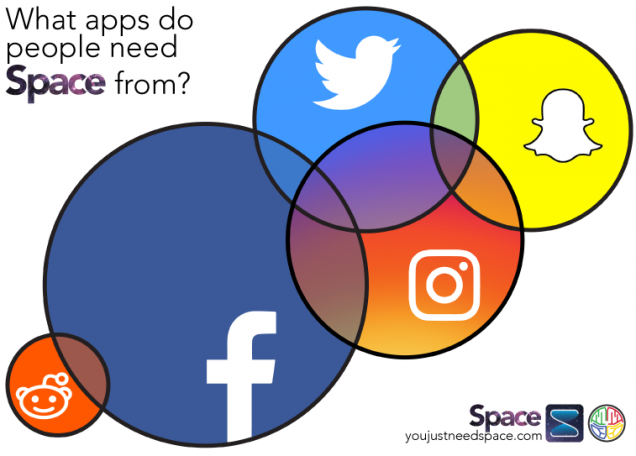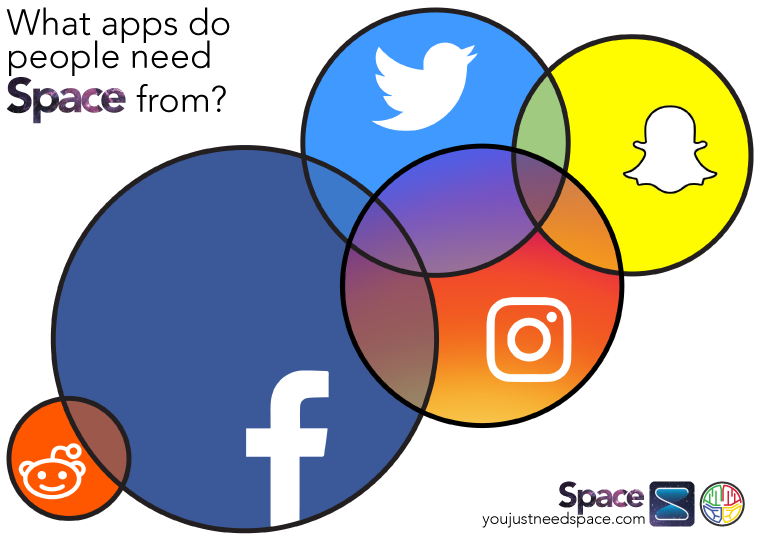Since apps revolutionized the way we live every day, as there is an app for everything you need, the focus is on how to generate profits from users. Whether it is to obtain and resell personal data or innovative marketing techniques to push the in-app purchase, all is fair. Even neuroscience took the field to ensure the user buys apps and become a frequent user, creating a habit of use – we can call it an addiction, to be honest.
Dopamine Labs is a small startup from Los Angeles who has made a few lines of code able to increase user engagement while using a particular app and get positive reinforcement. The two Dopamine Labs neuroscientists studied the biology and chemistry behind the user’s decision-making process.
Dopamine Labs tested the API in some apps:
- Vimify, a life-coaching startup has achieved 21% improvement in users engaged in diet and daily exercise,
- Brighten, a social network, reports a 167% increase in reading and sending messages,
- Movn, app that encourages physical exercise daily, reported 60% more minutes walked per month,
- Root, an educational app for college students, recorded an improvement of 9% in students attendance,
- Tala, a micro-lander app, saw a 14% increase in repayments of micro-loans.
These results are thought-provoking. How do these few lines of code work? As explained by the two founders, users love very much dopamine spike they feel when they receive a notification, so all you have to do is to manage this “rewards” system based on notifications to encourage a repeated use. According to this, the Dopamine API can make the user addicted to any app.
Guessing the danger, Dopamine Labs assures a careful selection of apps that can take advantage of theirs lines of code. There’s no risk, theoretically. Besides, the two neuroscientists have also designed an application that allows you to overcome the apps addiction: it’s called Space and, right now, is available for Android.
Space obviously works in reverse: instead of encouraging a kind of behavior and the creation of new neural connections promoting the use of apps, Space works to discourage a repetition of behaviors. To succeed, it reduces the supply of the stimulus from the app that creates the need to continue to be used, then cuts the reward system as a notification. By doing so, users are less likely to use the application.
Do you need to detox from Facebook? Then it is time to test Space. Instead, you must find the urge to run every day? Keep an eye on apps using the Dopamine Labs API and check what works on you.


